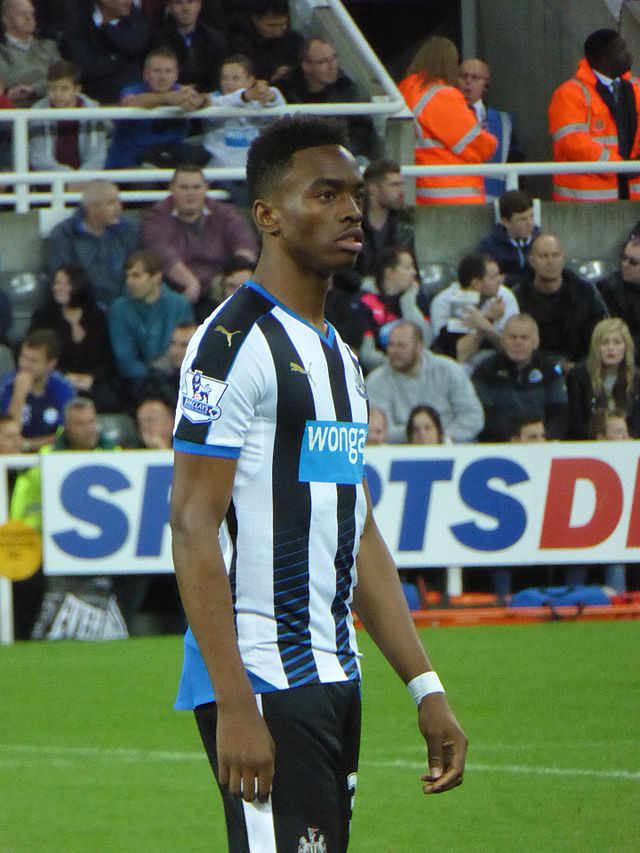Football must act on gambling realities
Much is documented about Arsene Wenger’s cultural revolution at Arsenal. “We want our Mars bars” was the common refrain of his discontented squad after cleaning up their diets. It would represent a sea change in nutrition now no longer remarkable in the game.
But the Frenchman was not just doing this out of good grace or for British Cycling-style ‘marginal gains’. The game at that time had a binge drinking culture which had already swept up one of its star players, Tony Adams. Adams, who would break barriers by openly discussing his alcoholism in 1998, has admitted he benefitted from the healthier atmosphere Wenger instilled upon his arrival two years earlier.
This example is not about generating a false equivalence between football’s alcohol and gambling crises. Instead, it shows that no change occurs in isolation. Had Adams merely been infantilisingly patted on the back by the game for his addiction problems and not actively supported, things could have gone differently.
And so exists the correlation, one of football saying one thing and doing the other. This is not new. The sport is a world-class hypocrite, seen in the recent Vinicus Jr racism dispute and the scandal over clubs’ short-haul domestic flights.
A series of images of Ivan Toney did the rounds on social media not long after the news emerged that he was facing reems of gambling charges. They showed Toney regularly promoting gambling, on his kit through Brentford’s sponsor Hollywood Bets and on the Sky Bet awards he posed with. This isn’t just a matter of football’s ‘uncomfortable truth’. The sport is complicit in perpetuating a culture which leads to gambling addictions.
We cannot foot the blame with football alone. The government is just as slow, if not slower, than the game on this. Their long-awaited white paper, released in April, was weaker than some had hoped, particularly on the issue of advertising
And so what is the game’s response? That eventually, soon, don’t worry, the Premier League will stop gambling sponsorship. Well, kind of. On the fronts of shirts. It will very likely remain on sleeves and advertising hoardings and wherever else it seeps into.
It will also remain in the Football League, where it represents far more of a significant plop in the ocean as far as revenues and financial dependence goes. And outside of this brief window that the Premier League has judged their wisdom to be limited to, there are no signs that the game will handle this problem in its universal size.
This sort of finely cut compromise has long been football’s way on gambling. As an adult Middlesbrough fan, I am allowed to buy and wear my team’s kit, which features a huge Unibet logo. But the junior strips are devoid of such sponsorship. It all suggests that football is not just borderline hypocritical but working to actively deceive its fanbase in the knowledge that it promotes harmful products.
Most of us are not naive to the drive for financial sustainability that leads clubs into the pursuit of gambling sponsors. And I am also not suggesting that other prevalent sponsors in the game in the past, such as breweries or pawnbrokers, give the game a better image.
And we cannot foot the blame with football alone. The government is just as slow, if not slower, than the game on this. Their long-awaited white paper, released in April, was weaker than some had hoped, particularly on the issue of advertising. And it will be subject to further consultation before planned implementation next year. Ring any bells?
If anything, this should drive football to act quicker and faster. At its best, the game can be a leader in change and action. Many clubs, through their local action and solidarity with justice causes, are aware of their social responsibility. Taking bold steps on gambling reform would be a keen sign that this is a battle they want to embrace, not shirk.

Comments